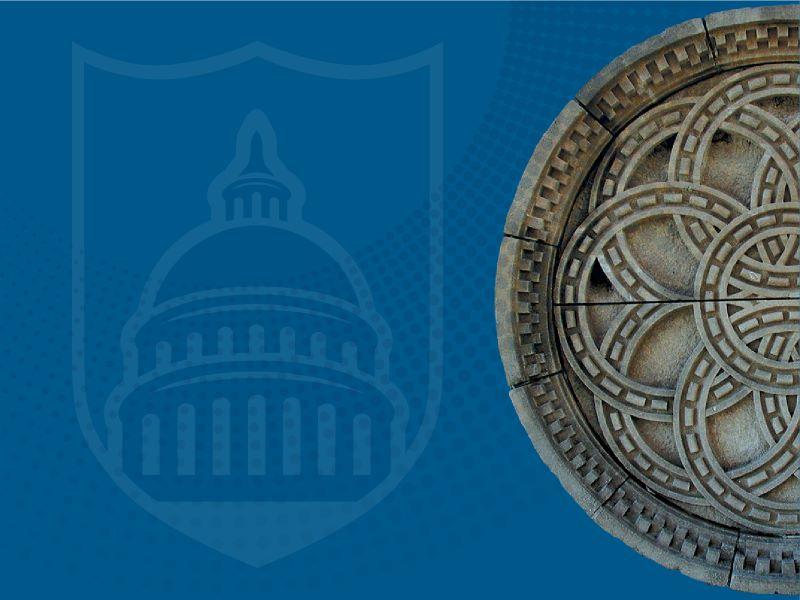Murphy Seminar in Political Science: Renzo Aurazo Diaz
Ph.D. Candidate in the Department of Political Science at Tulane University
Bargaining and Protest Actions: How Workers’ Adversaries Shape Labor Contention
More Information
Each semester The Murphy Institute sponsors a series of seminars organized by the Tulane Department of Political Science that provides an opportunity for faculty, researchers, and practitioners to present their latest research and pressing issues related to topics in political economy. Research presented covers all aspects of contemporary politics science, including comparative politics, public policy, international relations, American politics, and normative theory. Papers are distributed beforehand to the participants who read the paper and prepare discussion questions for the presenter.
Renzo Aurazo is a Ph.D. student in Political Science at Tulane University. With a B.A. in Political Science from San Marcos University (Peru), he earned an M.A. in comparative politics from the University of Missouri-Columbia. His primary research agenda focuses on popular mobilization, and it seeks to answer the following question: since grassroots have access to a diverse array of protest tactics, what conditions determine their selection? Specifically, his dissertation analyzes transformations in the labor repertoire in Latin America with emphasis on protest event analysis and cross-national data buildup.
"When the Boss Isn’t There: Indirect Bargaining and the Dynamics of Violent Labor Contention" (ABSTRACT)
Why do workers protest peacefully in some contexts but resort to violence in others? This study seeks to explain workers’ selection of protest actions, emphasizing differences in bargaining situations. The key argument is that workers bargaining directly with their employers are likely to protest peacefully because these actions have enough disruption potential. This is not the case when workers lack employers and are moved to challenge entities with the authority over labor conditions–typically more distant, less responsive, and harder to hold accountable. In this context, peaceful protest actions often lack the disruptive potential needed to compel action, leading workers to use violence to exert pressure on their adversaries. I test this theoretical framework in a Peruvian dataset covering four decades of labor contention, from 1980 to 2020. Results confirm the theoretical expectations: workers bargaining indirectly are 13 percentage points more likely to use violent protest actions, being expressions of civil disobedience such as city shutdowns, road blocks, and building takeovers the more common ones. Two implications derive from this study. First, this research shows that the structure of the bargaining relationship shapes labor contention; and second, the findings contribute to broader debates on how labor actors navigate institutional barriers under conditions of limited responsiveness.

